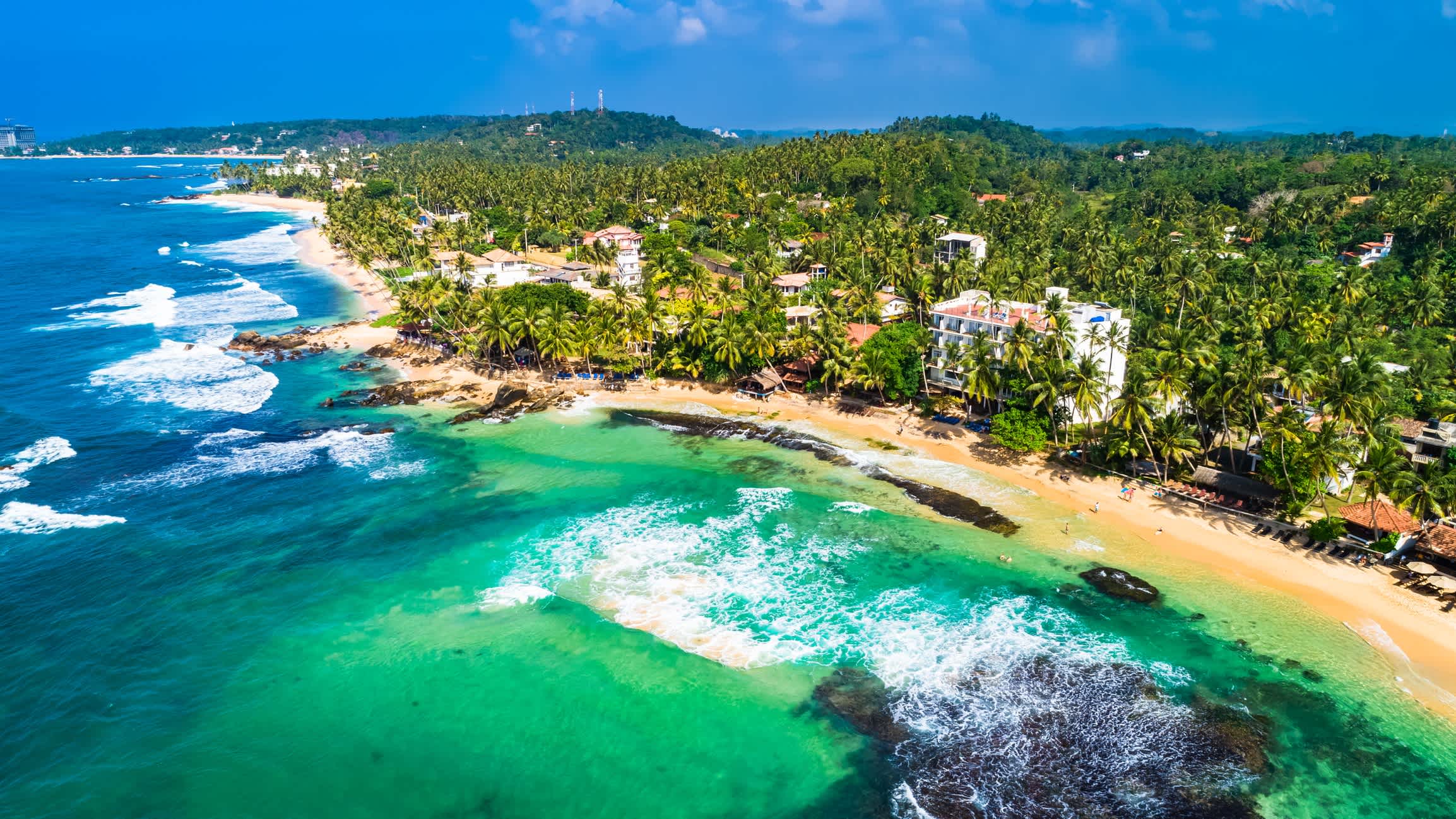
Sri Lanka is an island nation located in the Indian Ocean, just off the southeastern coast of India. It is renowned for its rich cultural heritage and natural beauty, which includes lush rainforests, sandy beaches, and diverse wildlife, making it a popular tourist destination. The capital city is Sri Jayawardenepura Kotte, while Colombo serves as the economic and commercial hub.
Historically, Sri Lanka was known as Ceylon and has a history that dates back thousands of years, influenced by its strategic maritime position along ancient trade routes and periods of colonial rule by the Portuguese, Dutch, and British until gaining independence in 1948. The country is a vibrant mix of ethnic groups, primarily Sinhalese and Tamil, and religions, including Buddhism, Hinduism, Islam, and Christianity, which contribute to its rich tapestry of cultural traditions and festivals.
Economically, Sri Lanka has a mixed economy with strong sectors in textiles and apparel, tea export, and tourism. However, it has faced significant challenges such as political instability, economic crises, and natural disasters. Sri Lanka’s recent history includes a prolonged civil war that lasted from 1983 until 2009, deeply affecting its societal and economic fabric. Despite these challenges, Sri Lanka continues to maintain its commitment to a democratic governance structure and development.
What’s the public’s verdict? Share your thoughts and discuss below!